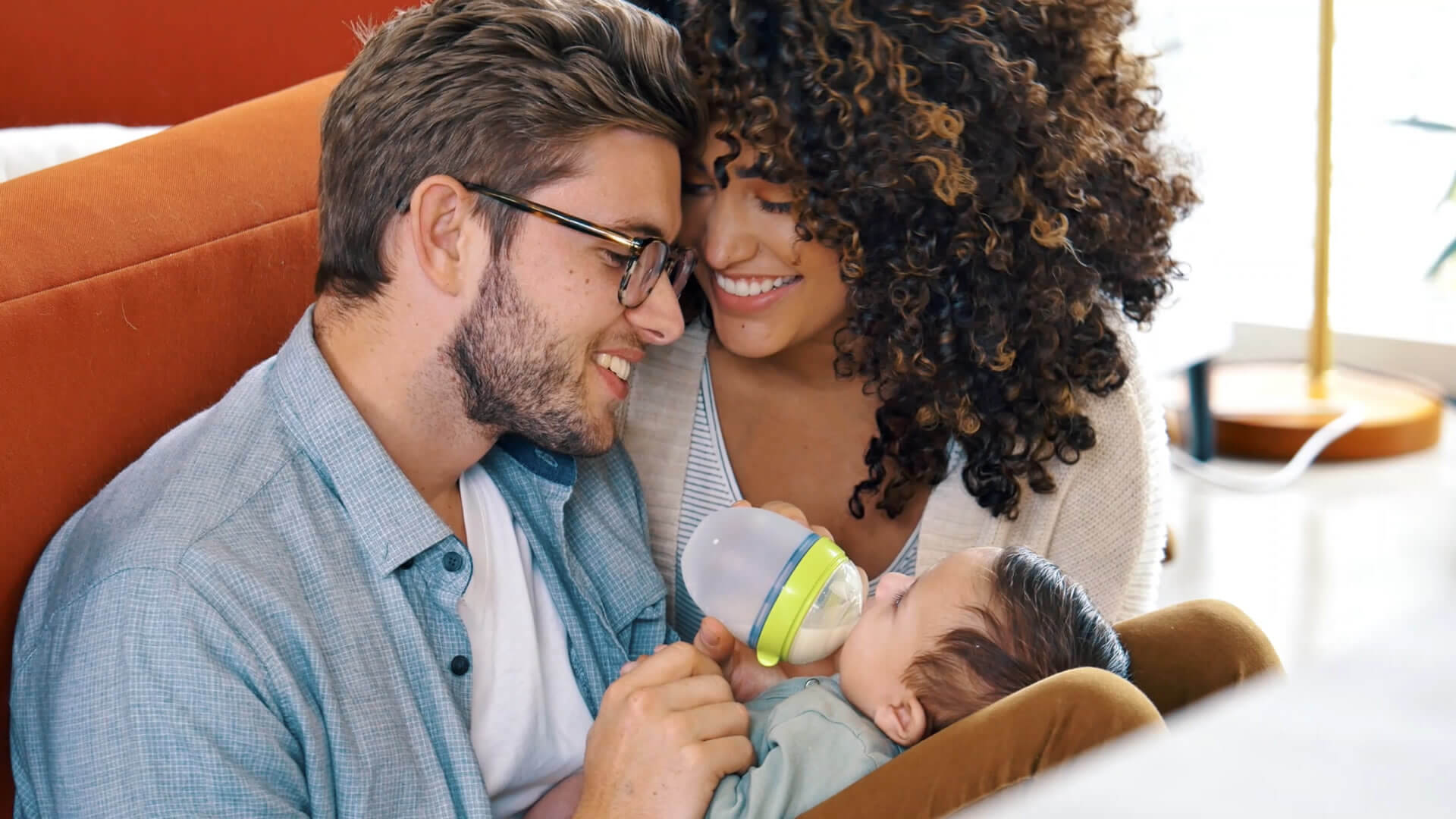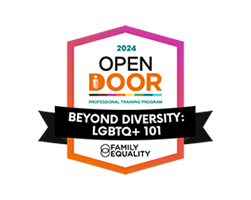All egg donors at Egg Donor & Surrogate Solutions will undergo a psychological evaluation as part of the medical screening and testing phase once they have matched with their intended parents. Leslee Murphy, a Houston-based licensed clinical social worker with more than 30 years of experience, is one of the mental health professionals EDSS works with to conduct psychological evaluations.
“I choose to work with EDSS because they are respectful of both the donors and the intended parents,” Leslee says. “EDSS does a great job of prescreening and educating donors, so by the time I see them, they are very prepared and informed about what to expect during the egg donation cycle.”
Leslee says the purpose of the psychological evaluation for egg donors is two-fold. “Our goal is to help the donor explore the emotional, psychological, legal, and ethical issues that pertain to egg donation and how it may impact her in both the short and long term,” she explains. “In addition, we want to evaluate her readiness to serve as an egg donor per the guidelines of the American Society of Reproductive Medicine and meet the obligations required for the cycle.”
A psychological evaluation takes about three hours and includes two parts – the clinical interview and the personality assessment. In this article, we’ll provide an overview of what to expect at each stage in the evaluation, as well as the benefits for both donors and intended parents.
Topics covered during the first part of the clinical interview include:
- Personal and family health history, including physical, reproductive, and mental health
- Education and work history
- Current and past relationships
- If the donor has children or wants children in the future
- Her support system (romantic partner, family, or friends)
- Hobbies and interests
Leslee says it’s important for donors to be forthcoming and share all the information they have, particularly regarding their family health history. “We want to give the intended parents as much information as possible about their future children,” she explains. “Donors should be prepared to share health information about themselves and anything they know about their family, including parents, siblings, grandparents, aunts, uncles, and cousins.”
During the second half of the clinical interview, Leslee will ask questions to assess the donor’s readiness to meet the requirements of the egg donation cycle (such as taking medication, attending medical appointments, etc.), ensure she demonstrates informed consent and explore her motivation for helping to create families.
“We talk in-depth about why she has come forward to serve as an egg donor,” Leslee says. “What is her inspiration? Does she know anyone who has struggled with fertility issues?” There are no right or wrong answers. Every donor is different, and we want to celebrate those differences.”
Leslee also focuses on helping donors look beyond the cycle to how egg donation may impact their lives in the future. “We discuss if the donor is open to future contact and what that might look like,” Leslee says. “Is she open to the Donor Sibling Registry? How would she feel if the agency reached out in the future, and the parents or donor-conceived offspring wanted to contact her? What if she did not have children of her own? Would her family support her decision to donate? We also discuss if she plans to tell her future partners and children about her role as an egg donor.”
Leslee says that most of the donors she works with are open to future contact with the caveat that it depends on where they are in their lives and what is expected of them. “It’s important for donors to have those boundaries,” Leslee says. “They want to help, but they don’t feel like it’s their child. It’s also helpful for the intended parents to know the donor has healthy boundaries.”
Personality assessment
The second part of the psychological evaluation includes two personality assessment tests – the MMPI2 and the PAI – both of which are true/false-based assessments.
“These are not pass or fail tests,” Leslee says. “We’re looking at the big picture to determine if the donor is being open and forthright in her approach of the assessment and that the results are within the normal range to ensure she’s in a good place to be an egg donor.”
Benefits of the psychological evaluation
The donor’s participation in the psychological evaluation benefits both the donor and the intended parents. For the donor, it helps her make an informed decision about egg donation and provides the opportunity to explore how it may impact her and her family, both presently and in the future.
For the intended parents who receive the results of the psychological evaluation, it personalizes the donor to them, allowing them to get to know her as a person. It also provides reassurance for the intended parents because they can feel confident in knowing the donor is reliable, has the appropriate motivation, and has consented to the requirements of the cycle.
“I often tell intended parents that a bit of blind faith is required on both sides,” Leslee says. “Intended parents will ask ‘How do I know if the donor is being honest’ and donors will ask ‘How do I know if they will be good parents?’ Reassurance is necessary for both parties.”
Final thoughts
According to Leslee, the most important thing for donors to know is that regardless of the outcome of the donation cycle (whether or not it results in a child), they should feel good about themselves and their desire to help create a family. “No matter what happens, we’re honored that you’ve offered this gift,” she says.
We help Intended Parents Create Happy Families via Egg Donation & Surrogacy with the help of caring Egg Donors & Surrogates.
What is Egg Donation, Can I be an Egg Donor, Egg Donation Process, Common Egg Donation Questions, Becoming an Egg Donor, Qualifying as an Egg Donor, Egg Donation, Egg Donor process, Why to go through an agency?, Egg Donation Overview.








